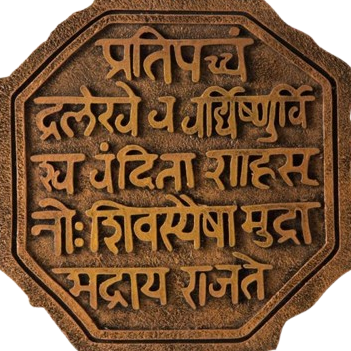
A Deep Dive into French Humor and Sarcasm in Conversation
.
Picture this: You're sitting in a Parisian café, confidently ordering your coffee in your best high school French, when the waiter responds with what sounds like a compliment but feels like a gentle roast. Welcome to the wonderful, bewildering world of French humor – where sarcasm flows as freely as wine at dinner and wit is considered an art form.
French humor isn't just about getting laughs; it's a cultural cornerstone that reveals how the French communicate and navigate social situations. Let's unpack this fascinating aspect of French culture that can make or break your conversations.
The Art of the Verbal Fencing Match
French conversation often resembles a friendly duel except the weapons are words, and everyone's trying to be the most cleverly cutting. This isn't malicious; it's playful intellectual sparring that the French have elevated to high art.
In French culture, being able to deliver a perfectly timed, witty retort is like having a black belt in conversation. This verbal jousting demonstrates intelligence and creativity all at once. When someone makes a particularly clever quip, it's not uncommon to hear appreciative murmurs around the table. The French genuinely admire good wordplay.
When "Très Bien" Actually Means "Oh, Really?"
French sarcasm operates on multiple levels, and mastering it requires understanding both what's said and what's left unsaid. The French have perfected the art of saying one thing while meaning something entirely different, often with the subtlest shift in tone or the raising of an eyebrow.
Take the phrase "C'est malin" literally "that's clever." Depending on the context and delivery, it could be genuine praise or withering sarcasm equivalent to "Well, that was brilliant," said to someone who just locked themselves out of their car.
The key to French sarcasm lies in understatement and irony. Where Americans might be direct with criticism, the French prefer the elegant knife twist of saying "Comme c'est original" ("How original") when someone tells a joke that's older than the Eiffel Tower.
Reading Between the Lines (And the Sighs)
Understanding French humor requires becoming fluent in subtext. The French communication style layers meaning like a mille-feuille pastry – there's always more beneath the surface.
Silence, sighs, and subtle facial expressions carry as much weight as words. A perfectly timed pause before responding can be more devastating than any verbal comeback. This indirect style extends to compliments too when a French person says your French is "pas mal" (not bad), they might actually be giving you high praise.
The Comedy Goldmine of Everyday Disasters
French humor finds its richest material in life's everyday absurdities and minor catastrophes. The French excel at turning mundane frustrations into comic gold – stuck in traffic becomes an opportunity for philosophical observations, and getting caught in rain without an umbrella is the universe testing your resilience.
This isn't pessimism; it's collective therapy through humor. By laughing at life's inevitable disappointments together, the French create solidarity. Everyone has dealt with bureaucracy, everyone has had transportation delays, and everyone can appreciate a good joke about these shared experiences.
Lost in Translation: When Humor Doesn't Cross Borders
French humor often relies on wordplay, cultural references, and linguistic nuances that leave non-native speakers puzzled. The French love of "jeux de mots" (wordplay) creates jokes with double meanings and clever linguistic connections that simply don't exist in other languages.
Cultural references also play a huge role. Jokes about French politicians, historical events, or popular culture assume shared knowledge that foreigners might lack. This can make French humor feel exclusive, but it's simply humor that's deeply rooted in French cultural soil.
Navigating the Minefield: Humor Etiquette for Visitors
For visitors trying to engage with French humor, timing and context are everything. The French appreciate self-deprecating humor, especially from foreigners who can laugh at their own cultural mishaps or linguistic mistakes. Showing that you don't take yourself too seriously often earns respect and opens doors to genuine interactions.
However, avoid humor about sensitive topics until you're certain of the relationship and context. French humor can be sharp, but it's generally not cruel among acquaintances.
The Secret Sauce: Philosophy Meets Wit
What makes French humor distinctive is its philosophical undertone. Even casual jokes often contain observations about human nature or society's absurdities. The delivery relies on deadpan timing, subtle irony, and perfect pauses the best French comedic moments feel effortlessly clever.
Beyond the Stereotype: The Heart of French Wit
While French humor might seem intimidating from the outside, at its heart, it's about connection and shared understanding. When French people engage in playful sarcasm, they're often expressing affection and inclusion. Being the target of gentle French teasing can be a sign that you've been accepted into the group.
French humor represents more than just ways to get laughs; it's a window into French culture and values. Understanding this humor – even if you can't always participate – can deepen your appreciation for French culture and improve your interactions with French speakers.
So the next time you find yourself on the receiving end of French wit, don't take it personally. Instead, appreciate the artistry involved and maybe attempt a comeback of your own. After all, in France, a good sense of humor isn't just appreciated – it's practically a survival skill.












